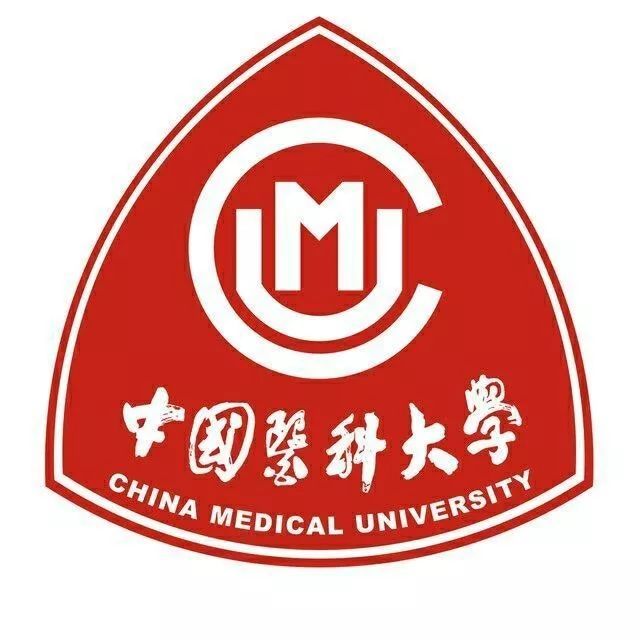 Levercelcarcinoom
is het meest-voorkomende type van primaire levermaligniteit, met hepatitis B
virus (HBV)-infectie als belangrijkste oorzaak. De meeste patiënten hebben bij
diagnose niet-resectabele ziekte (uHCC). Combinatie van eerstelijns
immuuntherapie en gerichte therapie is wellicht een geschikte benadering voor
uHCC. Een systematisch overzicht en meta-analyse van gerandomiseerde fase 3-studies
heeft werkzaamheid en veiligheid van eerstelijns anti-angiogene therapie met of
zonder PD-(L)1 remmers voor uHCC geëvalueerd. Dr. Danxue Huang (China Medical
University, Shenyang) en collega’s publiceren de analyse in BMC Cancer.1
Levercelcarcinoom
is het meest-voorkomende type van primaire levermaligniteit, met hepatitis B
virus (HBV)-infectie als belangrijkste oorzaak. De meeste patiënten hebben bij
diagnose niet-resectabele ziekte (uHCC). Combinatie van eerstelijns
immuuntherapie en gerichte therapie is wellicht een geschikte benadering voor
uHCC. Een systematisch overzicht en meta-analyse van gerandomiseerde fase 3-studies
heeft werkzaamheid en veiligheid van eerstelijns anti-angiogene therapie met of
zonder PD-(L)1 remmers voor uHCC geëvalueerd. Dr. Danxue Huang (China Medical
University, Shenyang) en collega’s publiceren de analyse in BMC Cancer.1In de literatuur tot 12 november 2022 vonden de onderzoekers vijf studies die aan de inclusiecriteria voldeden. De studies telden tezamen 3057 patiënten. De figuur laat zien dat in meta-analyse zowel overall survival (HR 0,71; 95%-bti 0,60-0,85) als progressievrije overleving (0,64; 0,53-0,77) significant beter waren in de combinatiegroep dan in de anti-angiogene monotherapiegroep. Ook objective response rate en disease control rate waren beter met de combinatie dan met monotherapie. De verschillen werden gedreven door de groep patiënten met HBV-gerelateerd HCC (OS: HR 0,64; 95%-bti 0,55-0,74 en PFS 0,53; 0,47-0,59), terwijl er geen significant verschil tussen beide behandeling was onder patiënten met HCV-gerelateerd HCC (OS p=0,1 en PFS p=0,05).
De onderzoekers concluderen dat onder patiënten met HBV-gerelateerd uHCC de eerstelijns combinatie van PD-(L)1 remmers met anti-angiogene gerichte therapie resulteerde in betere uitkomsten dan alleen anti-angiogene therapie.
1.Huang D, Ke L, Cui H, Li S. Efficacy and safety of PD-1/PD-L1 inhibitors combined with anti-angiogenic therapy for the unresectable hepatocellular carcinoma and the benefit for hepatitis B virus etiology subgroup: a systematic review and meta-analysis of randomized controlled trials. BMC Cancer 2023;23:474
Summary: Meta-analysis of five phase 3 randomized trials found that among patients with unresectable hepatocellular carcinoma, the combination of PD-(L)1 inihibitors with anti-angiogenic targeted therapy was associated with better clinical outcomes than anti-angiogenic monotherapy, especially in the hepatitis B virus etiology subgroup.
